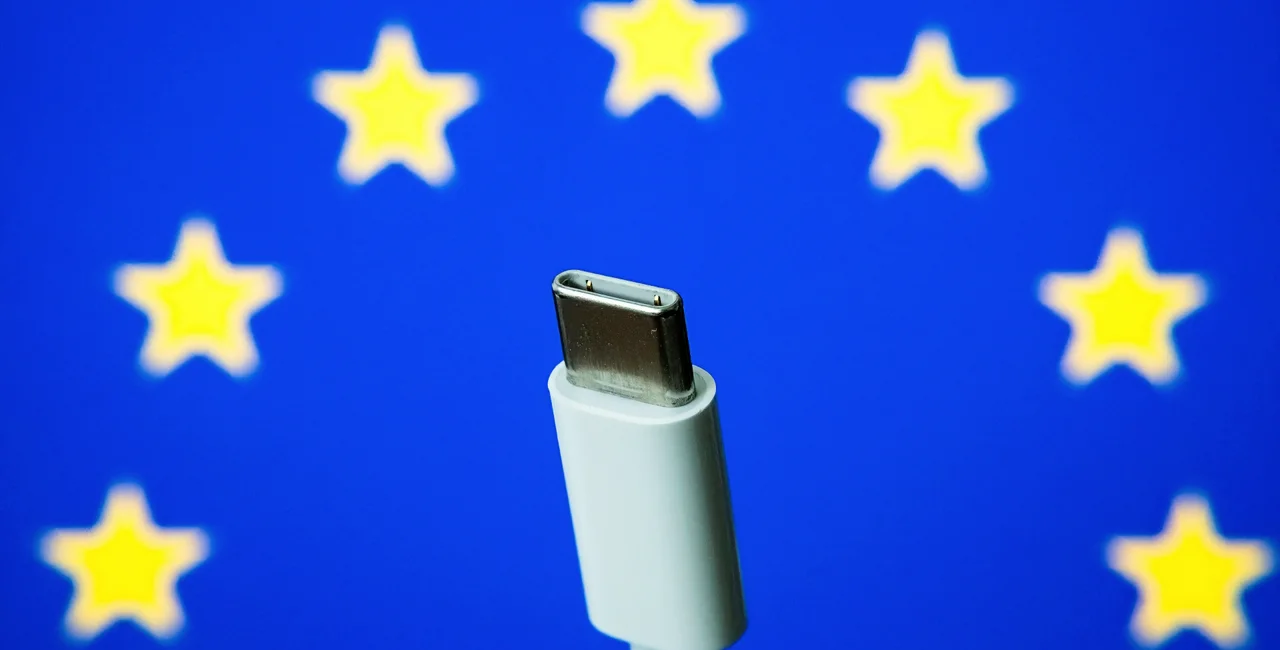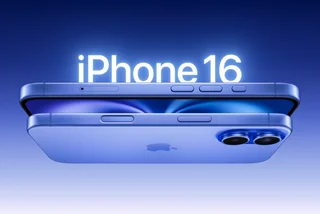Starting today—Dec. 28, 2024—all new portable electronics sold in Czechia and the EU will be required to feature a USB-C charging port. This marks a significant step toward reducing electronic waste and simplifying the consumer experience by creating a universal, uniform charging port for devices.
The move, which affects smartphones, tablets, cameras, headphones, game consoles, and other small- to medium-sized devices, is part of the EU’s broader sustainability goals.
PARTNER ARTICLE
The new regulation, passed by the European Parliament in 2022, allows consumers to choose whether to receive a new charger with their device. It aims to reduce the need for multiple chargers, which often pile up as people purchase new devices, the EU says.
“This is a decisive step towards consumer convenience and environmental responsibility,” said Chair of the European Parliament's Committee on the Internal Market and Consumer Protection Anna Cavazzini recently. She added that the new rule will help save EU households an estimated EUR 250 million (CZK 6.3 billion) by eliminating the need to buy extra chargers.
While the regulation applies to most portable electronics starting this Saturday, laptops will have until April 28, 2026, to comply. Devices too small to accommodate a USB-C port, such as smartwatches, are exempt.
The legislation also aims to prevent manufacturers from limiting charging speeds and aligns with the EU’s sustainability and “right to repair” initiatives. Non-compliance with the new regulations could lead to penalties and restrictions on market access for manufacturers.
Apple, which has traditionally used its exclusive Lightning connector, has been one of the most vocal opponents of the regulation. However, the company has already begun transitioning to USB-C for its newer devices. While initially concerned about the impact on innovation, Apple has since accepted the changes.
The switch to USB-C may increase production costs for some manufacturers who currently use proprietary charging ports, as they will need to redesign devices and undergo new testing and certification.
Experts note that some companies may have delayed the launch of new devices to comply with the rule, potentially reducing the number of new products on the market in the short term.
In the meantime, consumers may rush to purchase devices with custom chargers, such as older iPhones, potentially boosting sales of existing models.












 Reading time: 2 minutes
Reading time: 2 minutes 

























